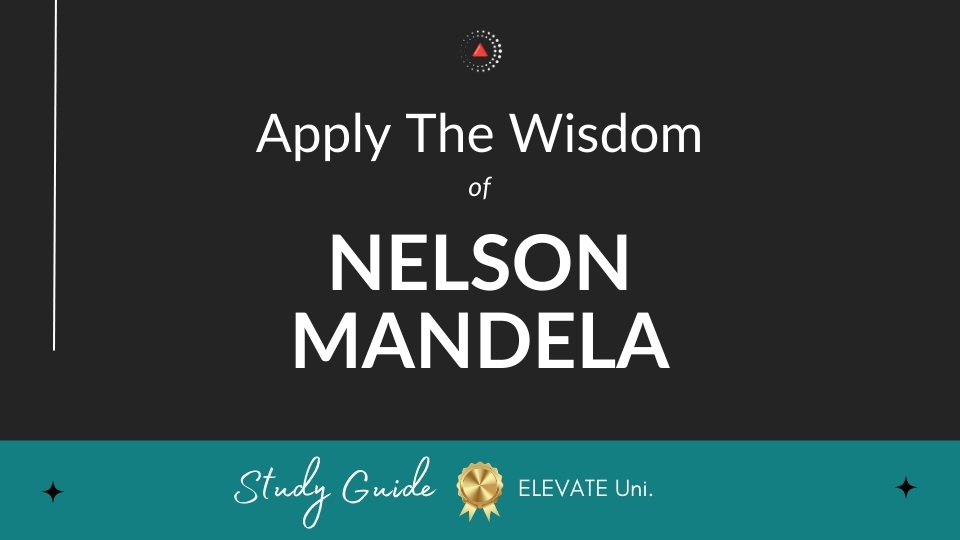Forget the past.
What's the meaning of this quote?
Quote Meaning: The underlying message of this quote lies in the encouragement of releasing oneself from the shackles of the past. It embodies the concept that life is a journey, constantly evolving and shifting, and for one to fully embrace the potential of the present and future, there is a need to let go of past errors, regrets, and pains. This doesn't mean to completely erase our past experiences, as they form part of our learning and growth, but rather to prevent the past from defining and limiting our current decisions and actions. We are not our past mistakes, nor are we bound to the traumas and failures we once encountered. Forgetting the past, in this context, encourages us to break free from negative patterns and promotes personal growth, mindfulness, and the capacity to experience life as it unfolds moment by moment. In this sense, it's about stepping forward with a fresh slate and an open heart, constantly evolving into better versions of ourselves, informed by, but not held back by, our past.
Who said the quote?
The quote "Forget the past." was said by Nelson Mandela (Bio / Quotes). Nelson Mandela was a revolutionary and iconic figure who dedicated his life to the fight against apartheid in South Africa.
Applying the quote to your life
Unlock Mandela's wisdom and apply it to your life by getting the in-depth Nelson Mandela Workbook & Study Guide, complete with Mandela's top quotes, insightful commentary, reflective questions, and practical uses for everyday life. 👇
Is there a historical example that illustrates the message of the quote?
Throughout history, there have been numerous instances where the advice to "forget the past" has played a pivotal role in shaping events and individuals' lives. One such example is the process of decolonization in Africa during the mid-20th century.
After World War II, many African nations began to agitate for independence from their colonial rulers. One of the most prominent leaders of this movement was Nelson Mandela, who became a symbol of resistance against apartheid in South Africa. Mandela's message of reconciliation and forgiveness embodied the idea of forgetting the past in order to move forward towards a more peaceful and unified future.
Despite enduring 27 years of imprisonment, Mandela emerged from captivity without bitterness or a desire for revenge. Instead, he advocated for reconciliation between South Africa's black and white communities, emphasizing the importance of forgiveness and unity. His commitment to leaving behind the grievances of the past was instrumental in the transition to democracy in South Africa and the dismantling of apartheid.
Mandela's approach stands as a powerful example of the transformative potential of letting go of past grievances and embracing forgiveness and reconciliation. By choosing to forget the injustices of the past and focusing on building a better future, Mandela and his fellow freedom fighters were able to achieve what many thought was impossible: the peaceful transition from apartheid to democracy in South Africa.
How can the quote be applied in a real-life scenario?
In our daily lives, the advice to "forget the past" can be a guiding principle in overcoming personal setbacks, resolving conflicts, and pursuing personal growth. Consider a scenario where someone has experienced a painful breakup in a romantic relationship. The end of the relationship may be accompanied by feelings of hurt, betrayal, and resentment towards the former partner.
However, dwelling on the past and holding onto these negative emotions can hinder one's ability to heal and move forward. By choosing to forget the past, individuals can free themselves from the emotional baggage of the relationship and open themselves up to new opportunities for love and happiness.
This principle can also be applied in professional settings, where past failures or mistakes may weigh heavily on individuals' minds, hindering their ability to innovate and take risks. By letting go of past setbacks and focusing on the lessons learned, individuals can approach new challenges with a fresh perspective and greater resilience.
Moreover, in interpersonal conflicts, choosing to forget the past can pave the way for reconciliation and restored relationships. Holding onto grudges and resentments only perpetuates conflict, while forgiveness and letting go can foster understanding and mutual respect.
In essence, the advice to forget the past encourages individuals to release the burdens of history and embrace the possibilities of the present and future. By doing so, we can free ourselves from the constraints of the past and embark on a journey of growth, healing, and reconciliation.
Chief Editor
 Tal Gur is an author, founder, and impact-driven entrepreneur at heart. After trading his daily grind for a life of his own daring design, he spent a decade pursuing 100 major life goals around the globe. His journey and most recent book, The Art of Fully Living, has led him to found Elevate Society.
Tal Gur is an author, founder, and impact-driven entrepreneur at heart. After trading his daily grind for a life of his own daring design, he spent a decade pursuing 100 major life goals around the globe. His journey and most recent book, The Art of Fully Living, has led him to found Elevate Society.





















